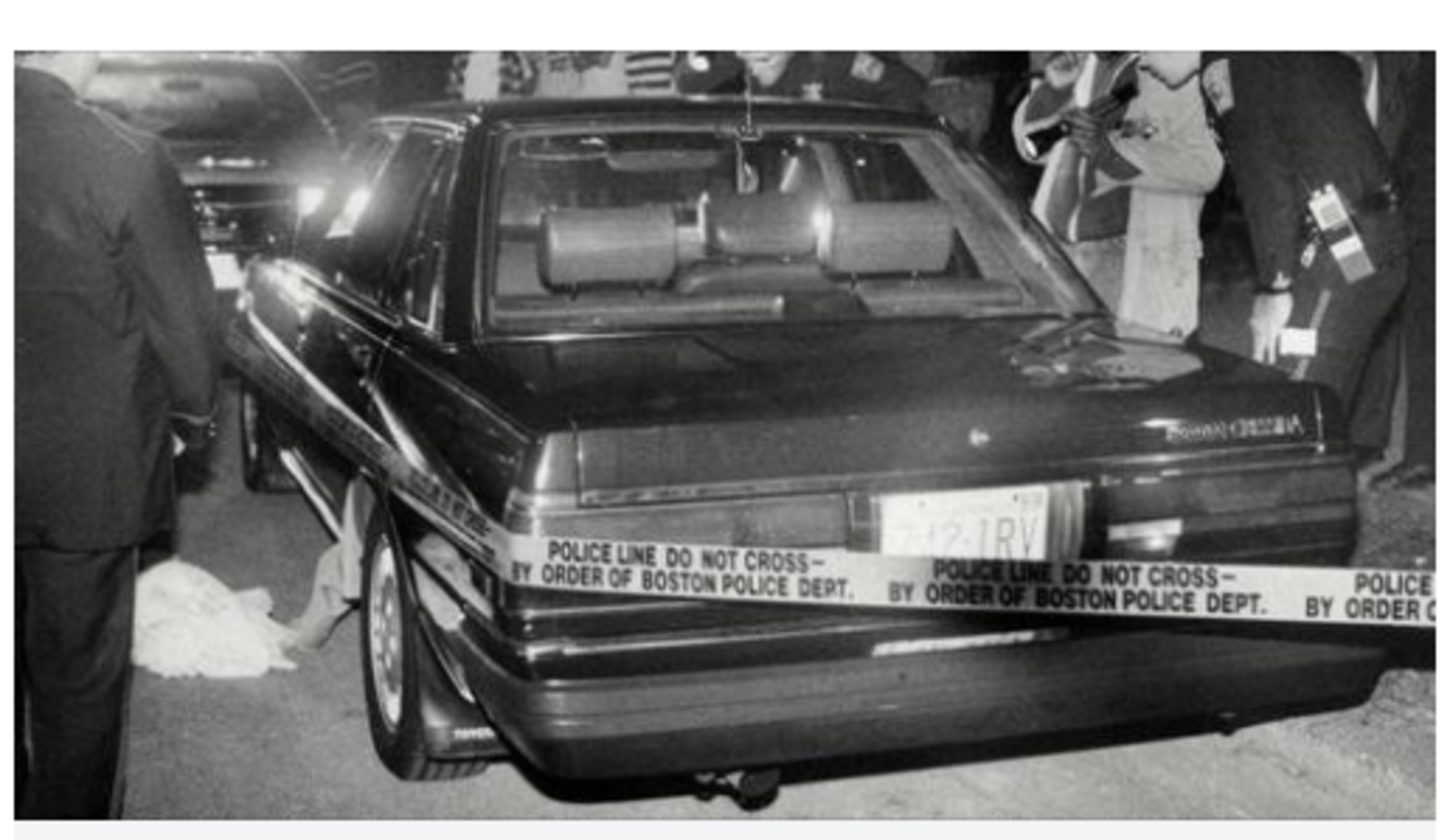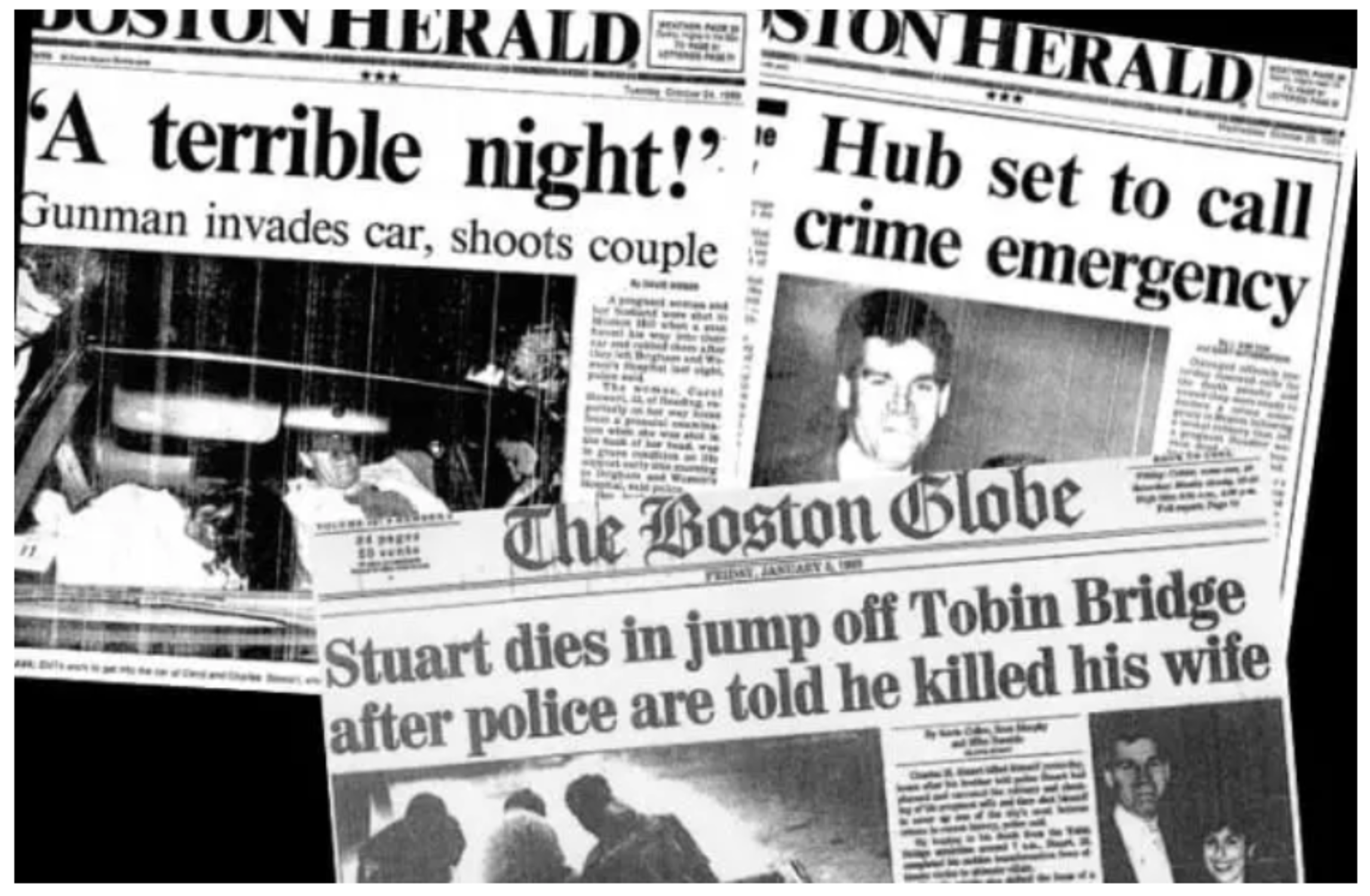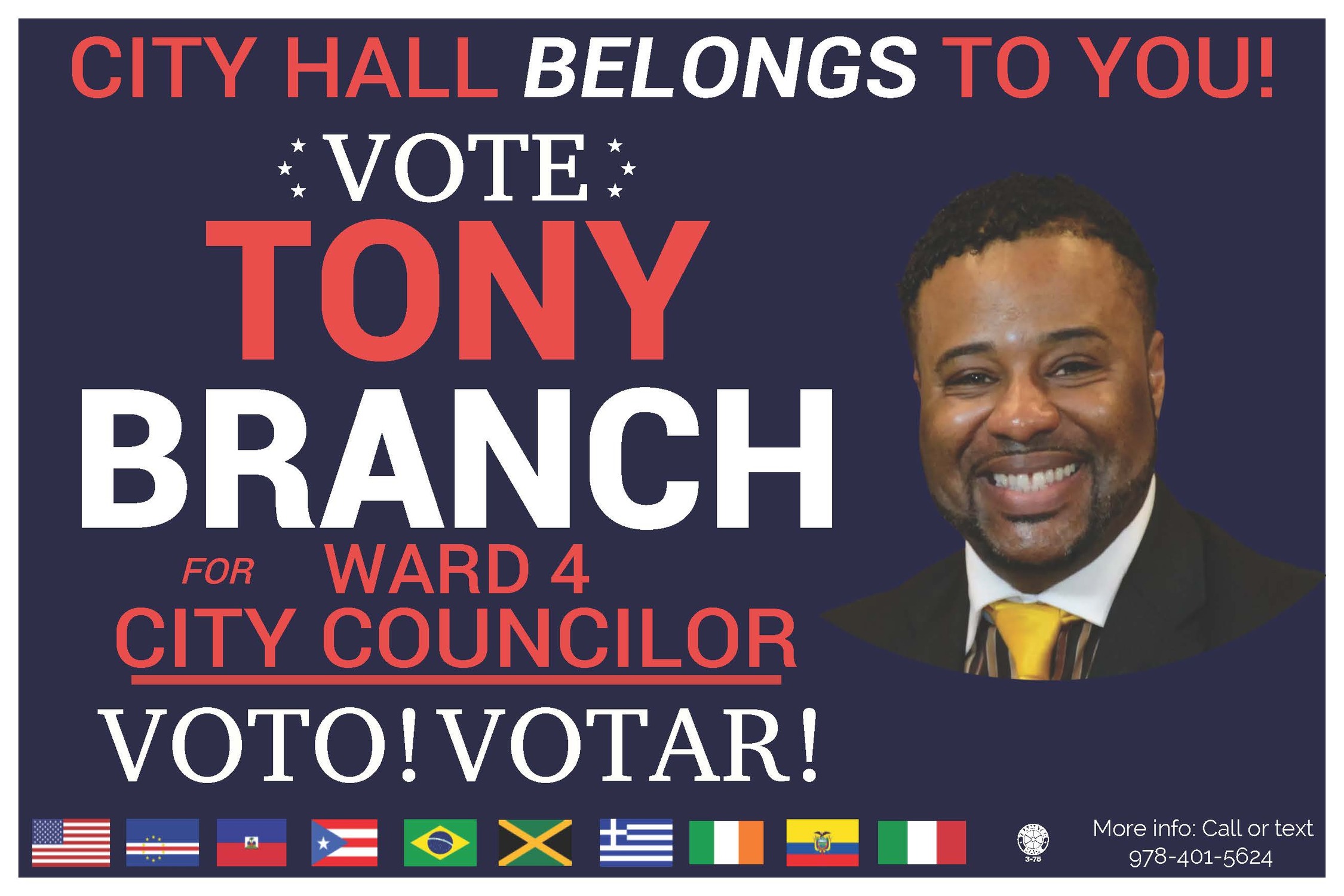
Call for Justice 34-Years Since Charles Stuart's False Allegations
Black, Male, & Innocent: We Have a Story to Tell
By: Tony Branch
In a tale of love turned sinister, a husband expecting a child with a wonderful wife took a dark turn, choosing murder over love and compassion. With a keen awareness of the nation's climate and an understanding of his privilege, he orchestrated a chilling plot to divert attention from his murderous hands. This fateful day in modern Boston history serves as a stark reminder of the city's deep-seated racial biases and stands as a warning to Black men everywhere. 
Black, Male, & Innocent: We Have a Story to Tell
In recent memory, on October 25, 1989, a day unfolded that etched itself into my consciousness, a day that highlighted a recurring theme echoing since the era of slavery. In a chilling modern-day twist, a white man accused a black man of murdering his wife, a narrative that resonated with a majority of Boston, mirroring sentiments across the nation. The consequences of this accusation were severe, but the truth, obscured by prejudice, only emerged two decades later. This incident serves as a stark reminder that, even in the 21st century, the specter of false accusations can cast a long shadow over the lives of black men, leaving them unjustly labeled as guilty in the eyes of society. The haunting legacy of slavery has left an indelible mark on the collective psyche of America, manifesting itself in various insidious forms, one of which is the tendency to presume guilt based on skin color. The incident in Boston reflects a broader issue that extends far beyond a single false accusation. It highlights the deeply entrenched biases that persist in our society, perpetuating an atmosphere where black individuals are unfairly targeted and presumed guilty, even when innocence is proven.

Thirty-four years after the wrongful accusation, scars remain. The accused individual, though exonerated, carries the burden of a tarnished reputation and lost years that can never be reclaimed. The impact extends beyond the individual to the community, perpetuating a narrative that reinforces stereotypes and widens the divide between racial groups. The question that remains is, how do we move forward from such injustices, and how can we collectively strive for a more equitable and just society? The journey towards justice and equality is a collective one. It requires a commitment from individuals, communities, and institutions to confront and eradicate systemic biases. By addressing the root causes of these issues, we can pave the way for a future where false accusations based on race are no longer a stain on our collective conscience. The incident of a black man wrongly accused may be a painful chapter in our recent history, but it serves as a rallying cry for change. By acknowledging the injustices of the past, we can forge a path toward a more just and inclusive future. It is time to dismantle the stereotypes, prejudices, and biases that have plagued our society for too long. In doing so, we not only rectify the wrongs of the past but pave the way for a future where the innocence of every individual is presumed until proven otherwise. We can do better, TOGETHER.
